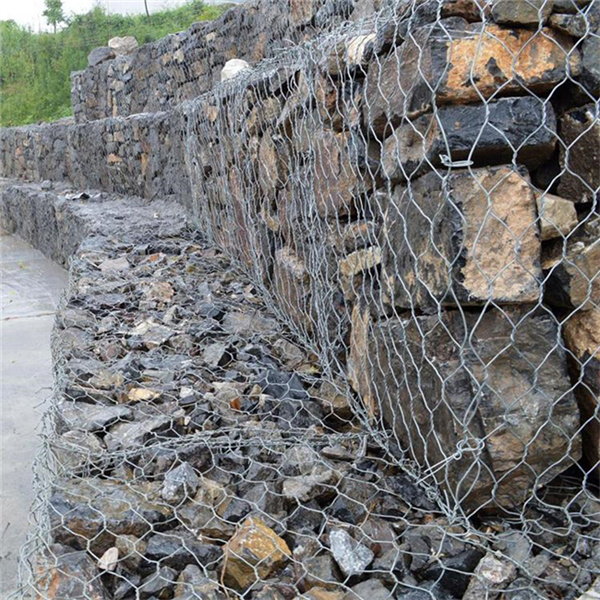11 月 . 01, 2024 13:18 Back to list
Understanding the Expenses Involved in Constructing a Gabion Wall in China
Understanding the Cost of Gabion Walls in China
Gabion walls, constructed from wire mesh filled with rocks or other materials, have gained popularity in recent years for their versatility and cost-effectiveness in various engineering and landscaping projects. In China, the cost of installing a gabion wall can vary significantly based on factors such as location, material selection, and project scale. Understanding these cost components is essential for anyone considering this option for erosion control, landscaping, or as parts of a retaining structure.
Material Costs
The primary cost drivers for gabion walls are the materials used. Gabion baskets themselves are typically made from high-quality steel wire, often galvanized or coated to resist corrosion. Prices for these materials can fluctuate based on market demand and the geographical location of the project. On average, the cost of gabion baskets in China can range from 80 to 200 RMB per square meter, depending on the thickness of the wire and the manufacturer.
The filling materials, usually stones, can also influence the overall cost. Locally sourced natural stone is often the most economical choice and can be cheaper than transported quarry stone. The price of stone can vary widely across different regions in China, with costs typically between 50 and 100 RMB per cubic meter. Therefore, choosing the right type of filling material can significantly affect the project’s overall expenses.
Labor Costs
Labor costs are another key factor to consider. The installation of gabion walls requires skilled laborers who understand how to assemble and fill these structures correctly. In China, labor costs can vary from urban to rural areas. On average, the cost for skilled labor can range from 50 to 150 RMB per hour. A typical installation project might take several days, depending on the size and complexity of the wall, which can lead to a substantial labor expenditure.
china cost of a gabion wall

Transportation and Logistics
Transportation costs are also an important consideration, especially if the materials are sourced from distant locations. Transporting heavy stones and gabion baskets can incur additional expenses, which should be factored into the overall budget. The logistics involved in getting materials to the site can vary significantly depending on the proximity of suppliers and the accessibility of the site.
Project Size and Design
The size and design of the gabion wall will have a direct impact on costs. Larger walls naturally require more materials and labor, thus increasing the overall project costs. Complex designs with multiple tiers or integrated features can also require additional engineering and construction expertise, further raising expenses.
Conclusion
Overall, the cost of constructing a gabion wall in China hinges on various factors, including material selections, labor costs, transportation logistics, and project complexity. It is essential to conduct thorough research and obtain multiple quotes to gauge the true costs associated with a gabion wall project. By understanding these underlying factors, homeowners and developers can make more informed decisions that align with their financial constraints and project goals. Ultimately, with proper planning and resource management, gabion walls can provide a practical and aesthetically pleasing solution for a variety of construction and landscaping needs.
-
The Role of Galvanized Gabion Mesh in Riverbank Protection
NewsJun.26,2025
-
The Role of Gabion Basket Raised Bed in Sustainable Gardening
NewsJun.26,2025
-
Quality Assurance of Wire Mesh Gabion Baskets
NewsJun.26,2025
-
Installation Guide for Welded Gabion Box
NewsJun.26,2025
-
How to Choose the Right Gabion Box
NewsJun.26,2025
-
Different Types of Gabion Wire Mesh
NewsJun.26,2025
-
Why PVC Coated Gabion Mattress Is the Best Solution for Long-Term Erosion Control
NewsMay.23,2025






